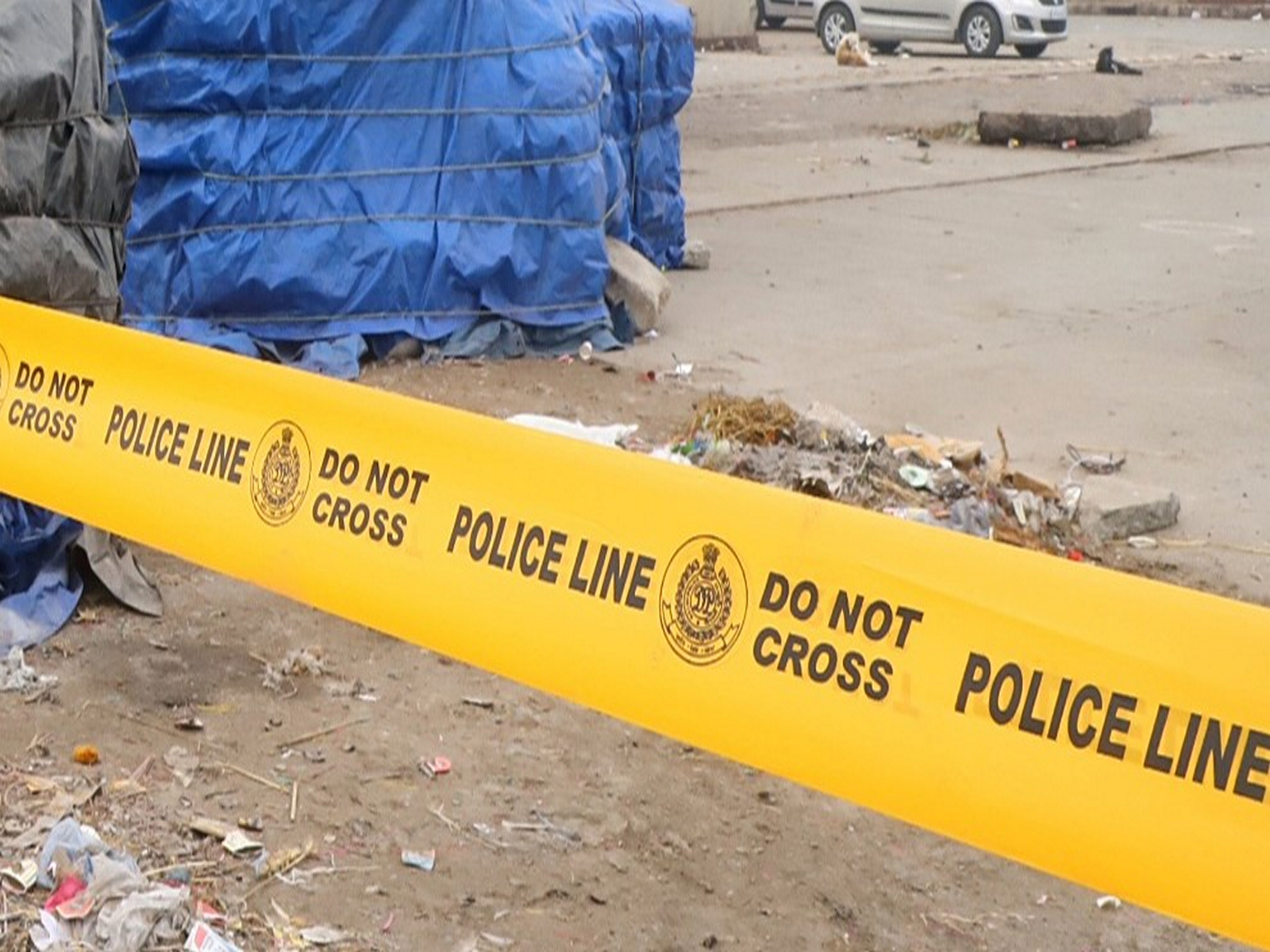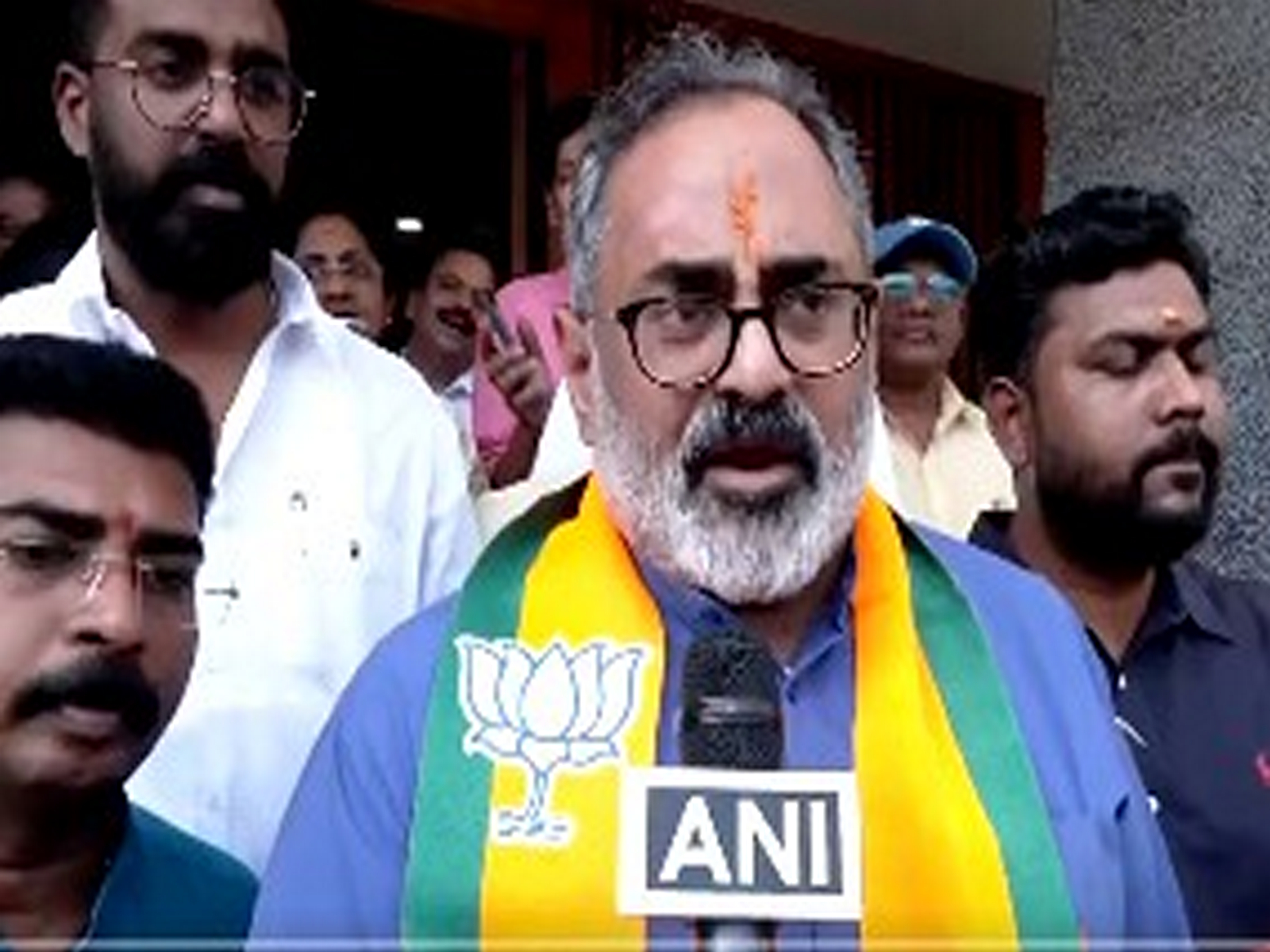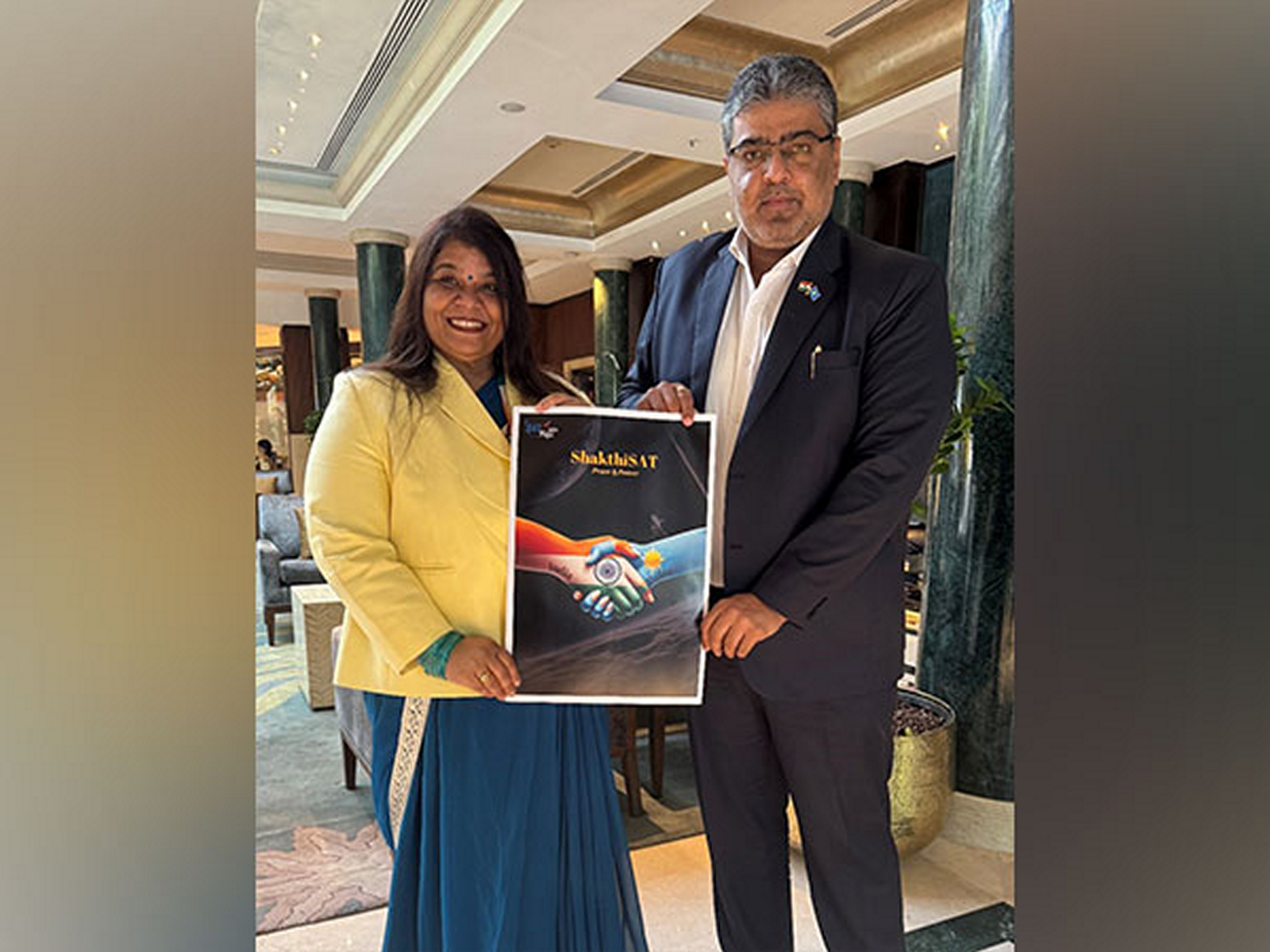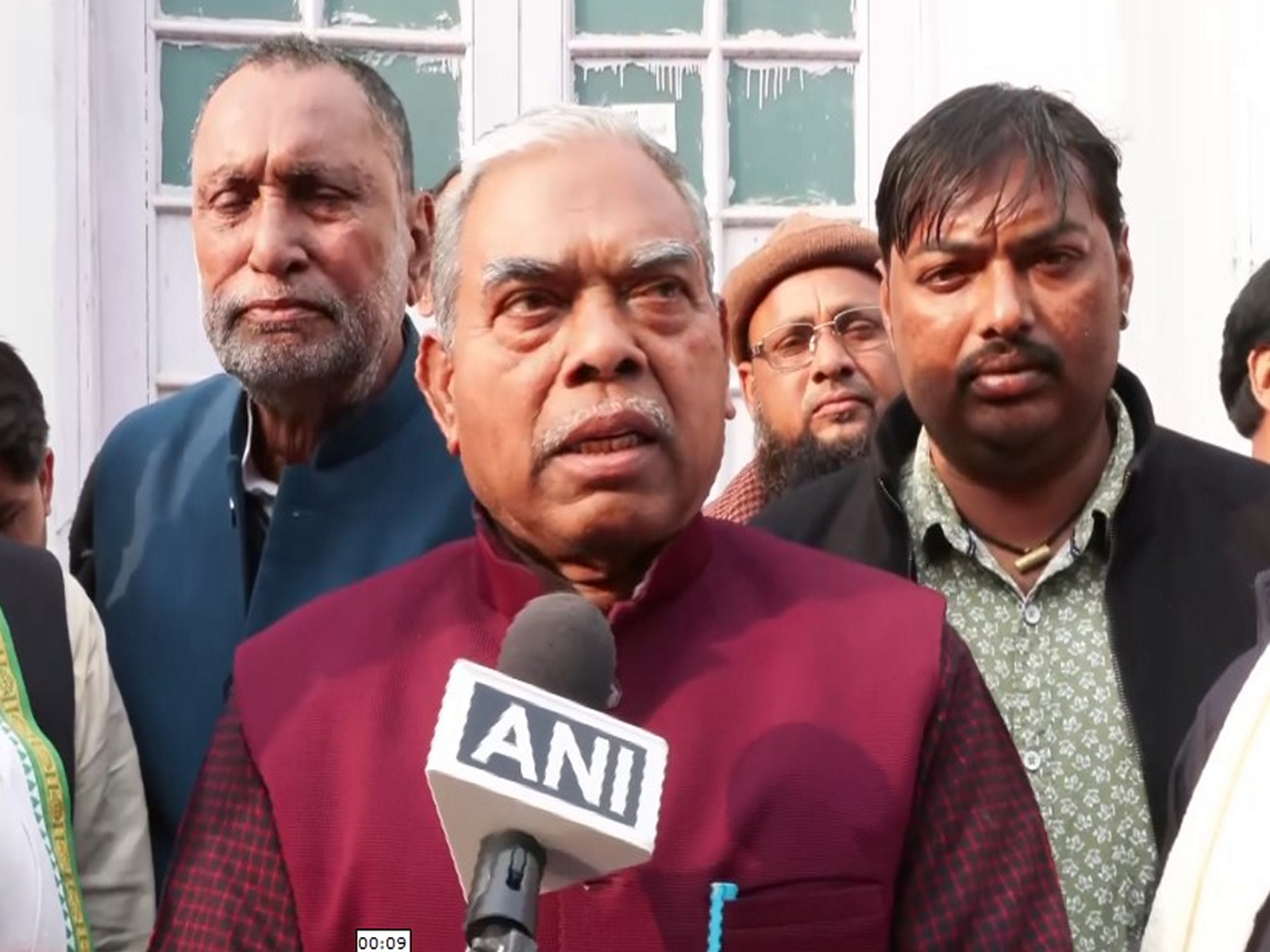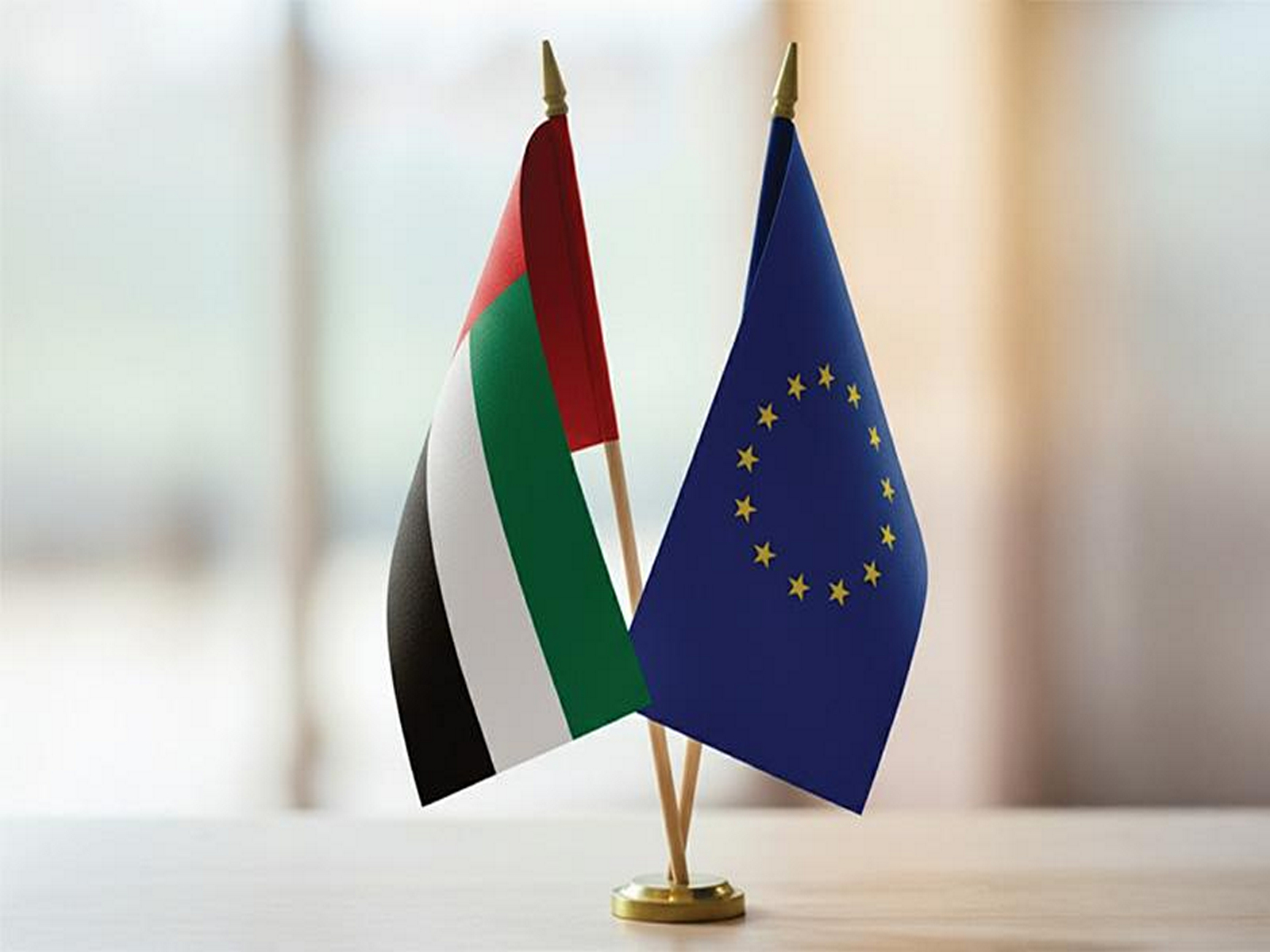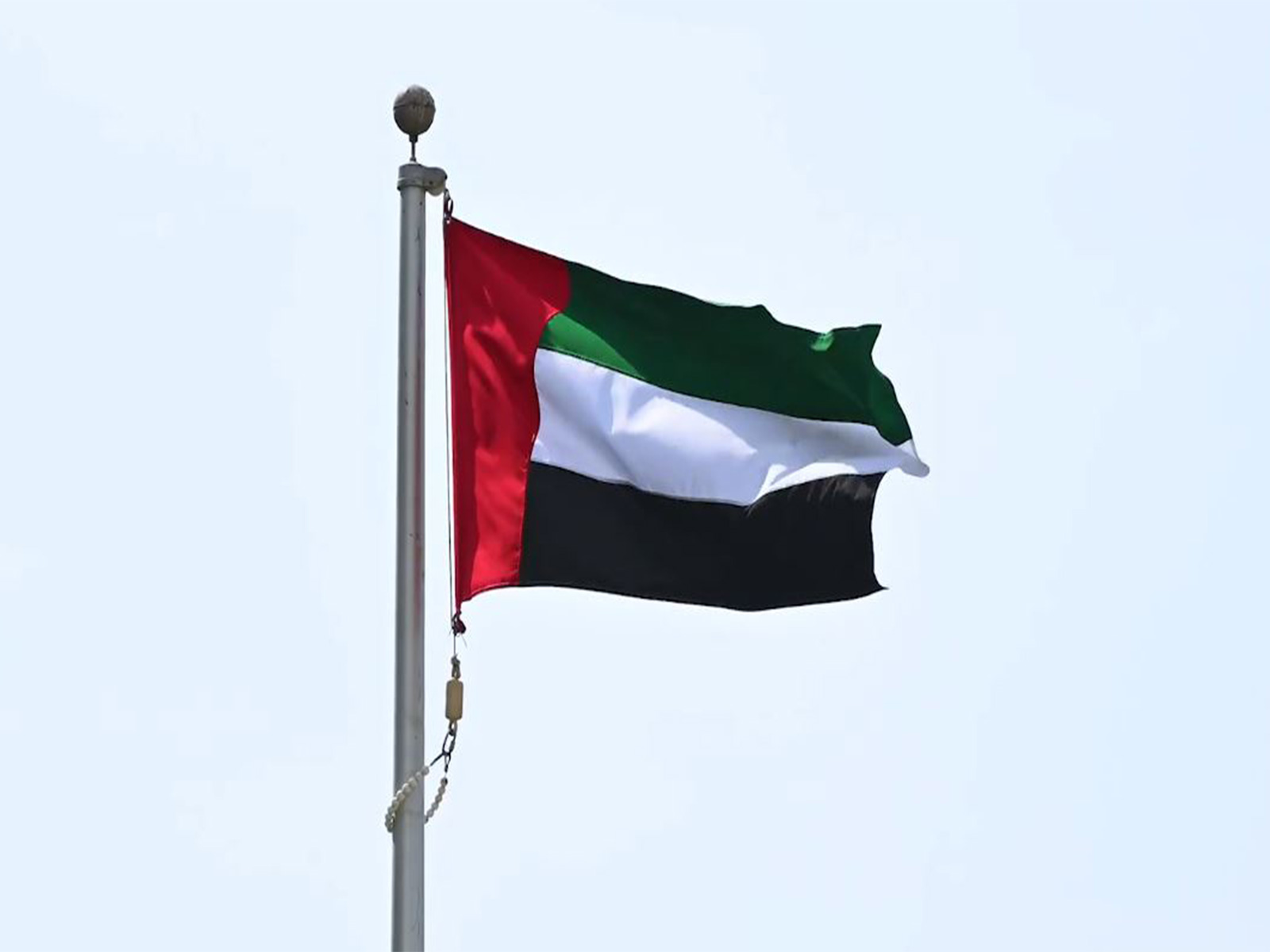Plea in Delhi HC seeks to enforce humane methods in animal husbandry procedures
Aug 10, 2020

New Delhi [India], Aug 10 : A public interest litigation (PIL) was moved in the Delhi High Court on Monday seeking directions to the central government to define the "prescribed manner" for painful animal husbandry procedures for cattle.
The NGO, People for the Ethical Treatment of Animals (PETA) India, approched the High Court seeking directions to the central government to make rules related to cruelty to animals.
The plea sought making rules to mandate the use of anaesthetics prior to castration, replacement of outdated practices such as nose roping with face halters and branding with radio frequency identification, and breeding of hornless cattle (instead of dehorning).
It said that following advisories by the Animal Welfare Board of India and the Department of Animal Husbandry and Dairying in this regard, many state animal husbandry departments directed their veterinarians to implement the use of humane methods.
The plea said also alleged that in the absence of an enforceable law defining, improving, and regulating these methods, animals continue to be treated cruelly during such procedures.
The petition pointed out that the current methods for euthanasia, in situations when it's cruel to keep an animal alive, as mandated by The Prevention of Cruelty to Animals Act (PCA), 1960, and when a massive number of animals are to be killed for the purpose of disease control, as mandated by The Prevention and Control of Infectious and Contagious Diseases in Animals Act, 2009 - often cause tremendous pain and suffering to animals before death, in contravention of the principle of euthanasia and the mandate of the PCA Act, 1960.
It said that Section 11 of the PCA Act, 1960, defines the acts which amount to treating animals cruelly - however, Sub-Section 3 offers an exception and consequentially deems certain animal husbandry procedures, including the dehorning of cattle and the castration, branding, and nose roping of any animal, not to be cruel, provided that they're done in a "prescribed manner".
Section 38 of the PCA Act, 1960, gives power to the central government to make rules to define the method of euthanasia and prescribe the manner for animal husbandry procedures, it added.
